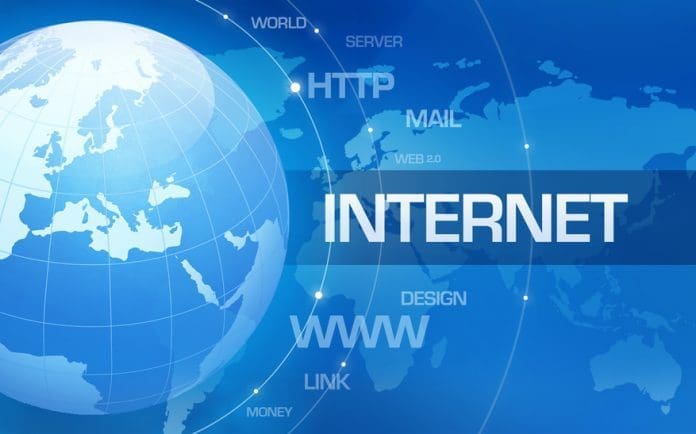Africa experienced a record-breaking 21 internet shutdowns across 15 countries in 2024, marking the highest number of digital blackouts ever recorded in a single year for the continent as governments increasingly weaponize internet access to suppress dissent and manipulate political outcomes.
The 2024 figure surpassed previous records of 19 shutdowns in both 2020 and 2021, according to research released by the African Digital Rights Network and internet rights group Access Now. Sub-Saharan African countries lost $1.5 billion to internet shutdowns in 2024, representing 19 percent of global shutdown-related economic losses.
New comprehensive research published in “Internet Shutdowns in Africa” reveals that the continent has experienced over 190 internet shutdowns between 2016 and 2024, with the frequency doubling from 14 shutdowns in 2016 to 28 in 2024. Ethiopia leads with 30 recorded instances since 2016, followed by Sudan with 21 shutdowns and Algeria with 14.
Tony Roberts, Research Fellow at the Institute of Development Studies and co-editor of the book, warned that digital authoritarian practices are expanding with impunity.
“Each internet shutdown violates human rights and damages the economy. As internet becomes a medium for people to increasingly communicate, study and work online, these shutdowns necessarily violate citizens’ right to work and their freedom of expression, association and participation,” Roberts said.
Protests emerged as the leading trigger for shutdowns in 2024, with authorities in nine countries imposing 12 shutdowns during protests and political unrest. This pattern reflects governments’ growing reliance on digital blackouts to control information flow during politically sensitive periods.
Ethiopia’s extensive use of internet shutdowns during the Tigray conflict exemplifies the devastating human impact, cutting off millions from communication and essential services. In Sudan, shutdowns consistently accompanied protests and civil uprisings, particularly during periods of political transition and ongoing conflict.
At least five shutdowns in Africa remained active for more than a year by the end of 2024. Uganda continues restricting Meta’s social media platforms despite ongoing negotiations with company representatives, while Equatorial Guinea’s Annobon island has been without internet and mobile services since August 2024.
Felicia Anthonio, global internet shutdowns expert and co-editor of the research, emphasized the escalating scale of digital repression.
“Across Africa, governments are normalising the use of internet shutdowns to suppress dissent, quell protests, and manipulate electoral outcomes. These blackouts are growing in scale and frequency, with devastating consequences for rights and lives, in an ever-more digitally connected world,” Anthonio said.
Election-related shutdowns affected Comoros, Mauritania, Mozambique, and Mauritius during 2024 voting periods, demonstrating what rights groups describe as “defiant state conduct” despite clear human rights obligations.
The economic implications extend beyond direct financial losses. Internet shutdowns silently cripple Africa’s economy by disrupting digital trade, mobile payments, and small and medium enterprise operations, undermining the continent’s digital transformation goals.
Governments in conflict-affected nations frequently interrupt internet access citing national security concerns, according to Freedom House analysis that ranked Ethiopia lowest for internet freedom among 17 African nations surveyed.
The research reveals that while some shutdowns attract international condemnation, many occur without significant challenge, particularly in contexts where independent media and civil society face restrictions. The comprehensive documentation provides the most detailed account of African internet shutdowns to date.
Researchers emphasize that as digital connectivity becomes increasingly central to daily life, the human rights implications of internet shutdowns intensify. Each blackout affects millions of people, disrupting family communications, employment continuity, access to education and healthcare services, and political participation online.
The African Digital Rights Network calls on governments, regional institutions, telecommunications providers, and civil society organizations to commit to maintaining internet access during elections and citizen protests, upholding human rights obligations to free expression and political participation.
International pressure is mounting for accountability measures targeting both governments ordering shutdowns and telecommunications companies implementing them. Rights groups argue that telecom providers must refuse unlawful or arbitrary shutdown orders to protect citizens’ digital rights.
The research underscores an urgent need for comprehensive strategies to address this alarming trend, as digital authoritarianism threatens to undermine democratic participation and economic development across the continent.

